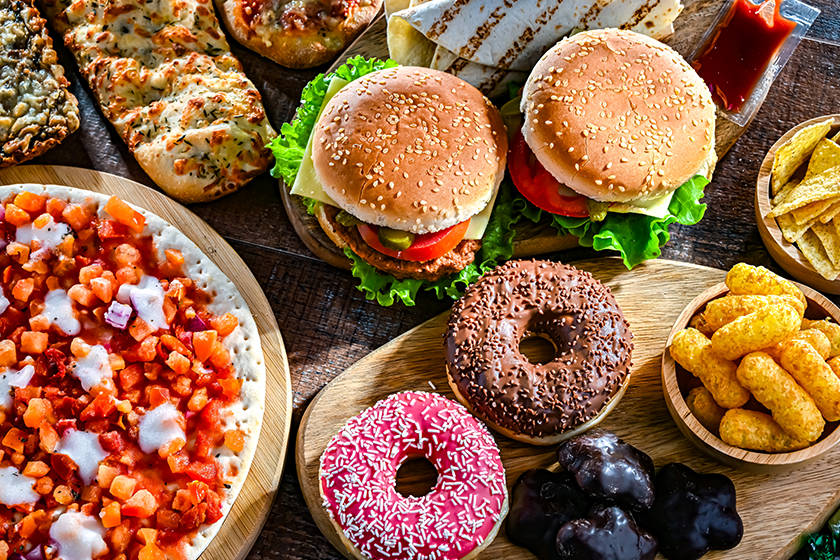These Foods Are Harder To Digest As You Get Older

Certain foods are hard to digest as you get older, affecting your overall well-being. Understanding these changes can help you make dietary choices that support your health. While your digestive system naturally adapts over time, being mindful of which foods can cause discomfort or strain is important to maintaining a balanced diet.
At our retirement community, we encourage healthy eating habits that cater to your unique needs, promoting a lifestyle of wellness and vitality. If you have noticed discomfort after eating specific foods, this article can help you understand why and guide you toward making choices that better align with your body's needs.
Why Digestion Changes Over Time
Your digestive system plays an important role in breaking down food and absorbing nutrients. However, due to natural changes in the stomach lining, enzyme production, and overall metabolism, this process may slow down as you age. These factors can make it harder for your body to process certain foods, leading to symptoms such as bloating, indigestion, or discomfort.
By being aware of how your body reacts to different foods, you can adjust your diet to avoid unnecessary strain on your digestive system. This proactive approach helps maintain not only your digestive health but also your overall vitality.
Common Foods Hard to Digest
Some foods are more likely to cause digestive challenges as you age. While individual tolerances vary, these are some common culprits:
High-Fat Foods
Foods rich in fats, such as fried items, heavy creams, and certain cuts of meat, can be difficult for your body to process. Fats take longer to digest and may lead to discomfort if consumed in large quantities.
Opting for lean protein sources and incorporating healthy fats like those found in avocados or nuts can help reduce the burden on your digestive system.
Dairy Products
Lactose intolerance becomes more common as you age, making dairy products harder to digest. Milk, cheese, and ice cream can cause bloating, gas, or stomach pain in individuals with lactose sensitivity.
If you experience discomfort after consuming dairy, consider alternatives such as lactose-free milk, almond milk, or plant-based cheese options.
High-Fiber Foods
While fiber is important for digestive health, certain high-fiber foods, such as beans, broccoli, and whole grains, can cause bloating or gas if your body struggles to process them. Balancing your fiber intake by gradually introducing it into your diet can help your system adjust.
Spicy Foods
Spices can enhance the flavor of meals, but they may also irritate a sensitive stomach. Capsaicin, which gives chili peppers their heat, can cause heartburn or indigestion if consumed in large quantities.
If you enjoy spicy meals, try using milder seasonings to maintain flavor without discomfort.
Supporting Digestive Health
Maintaining a healthy digestive system requires a balanced diet. Staying hydrated, eating smaller portions, and chewing food thoroughly can aid digestion. Additionally, incorporating foods rich in probiotics, such as yogurt or fermented vegetables, can support gut health by promoting beneficial bacteria.
At our retirement community, we understand the importance of offering balanced meals that cater to diverse dietary needs. Our communal dining options emphasize fresh, wholesome ingredients to make sure you enjoy meals that are both nutritious and easy to digest.
Embrace a Diet That Works for You
Understanding the foods that are harder to digest as you get older allows you to make informed decisions about your diet. By recognizing your body's changing needs and adapting accordingly, you can maintain comfort and well-being while still enjoying the meals you love.
If you are seeking a retirement community that values your health and well-being, contact us today to learn more about how we promote healthy living through balanced meals, engaging activities, and community support.
